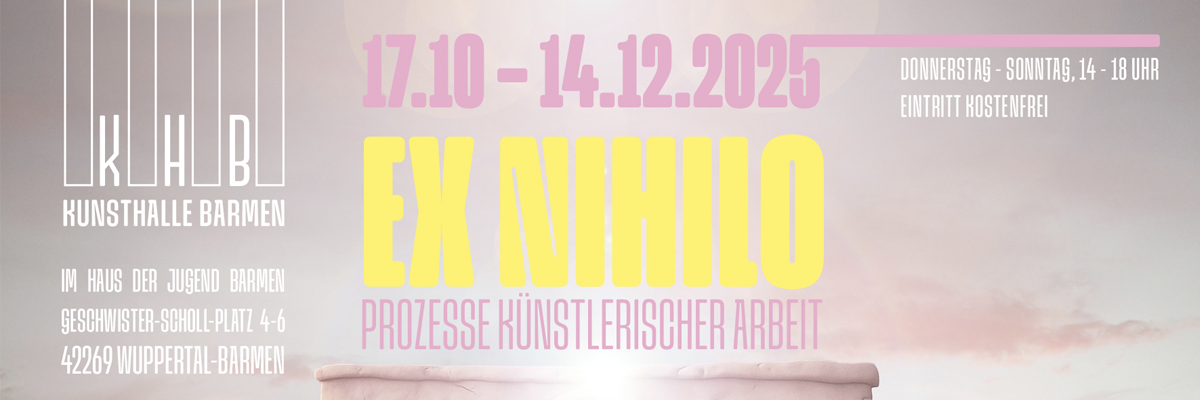
Adam Shiu-Yang Shaw, Faina Brodsky, Kristina Podobed, Frederik Exner & Flora Aussant, Sana Shahmuradova-Tanska, Wang Yuyan
Set Phosphenes
Project Info
- 💙 Studio for Artistic Research, Düsseldorf
- 💚 Anastasiya Levchuk, Arnold Trautwein
- 🖤 Adam Shiu-Yang Shaw, Faina Brodsky, Kristina Podobed, Frederik Exner & Flora Aussant, Sana Shahmuradova-Tanska, Wang Yuyan
- 💜 Anastasiya Levchuk, Arnold Trautwein
- 💛 Stephan Machac, Johannes Raimann, Arnold Trautwein
Share on
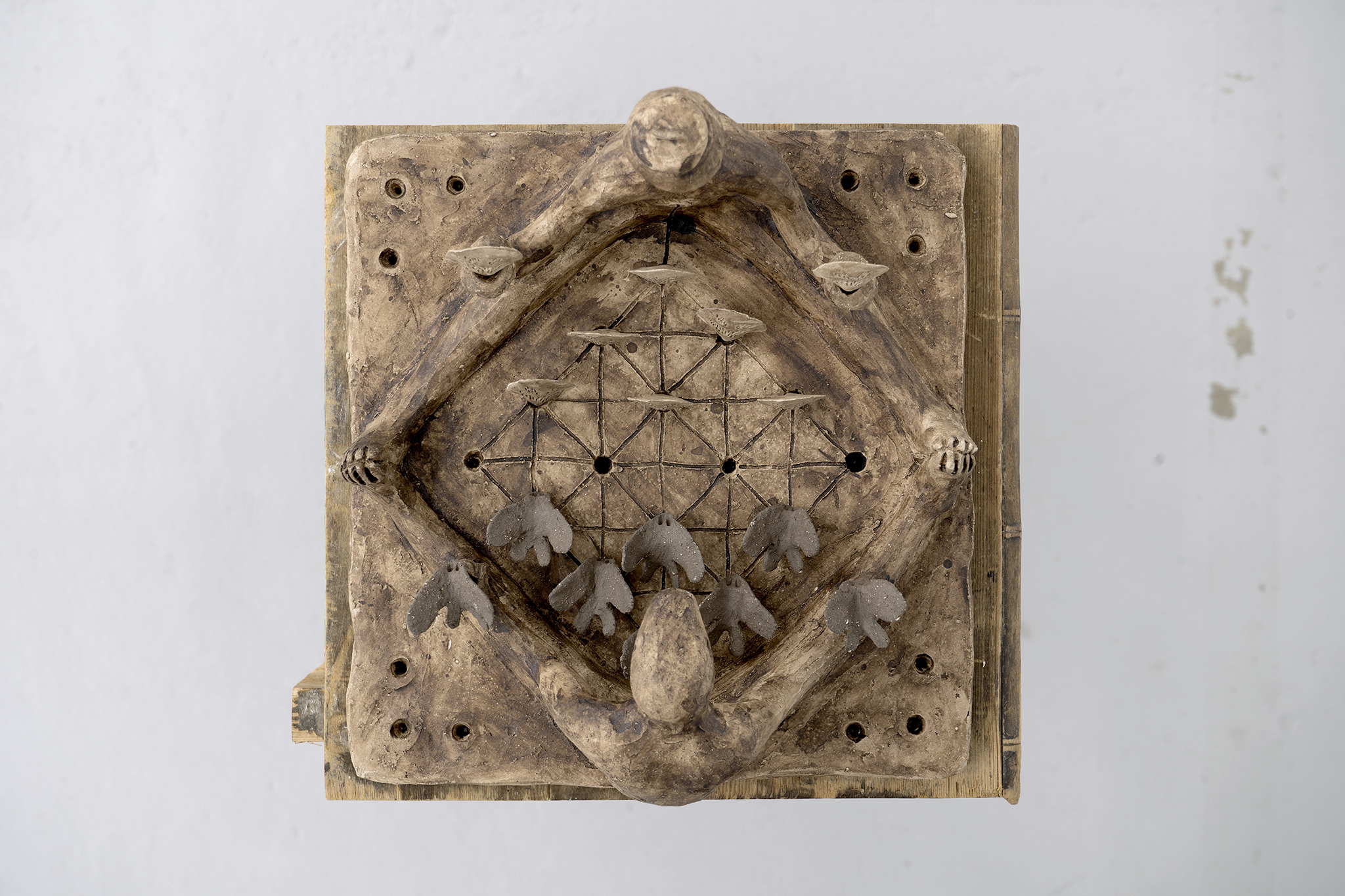
Good vs. Evil (detail), Frederik Exner, 2021. Fired clay, walnut ink, found furniture
Advertisement
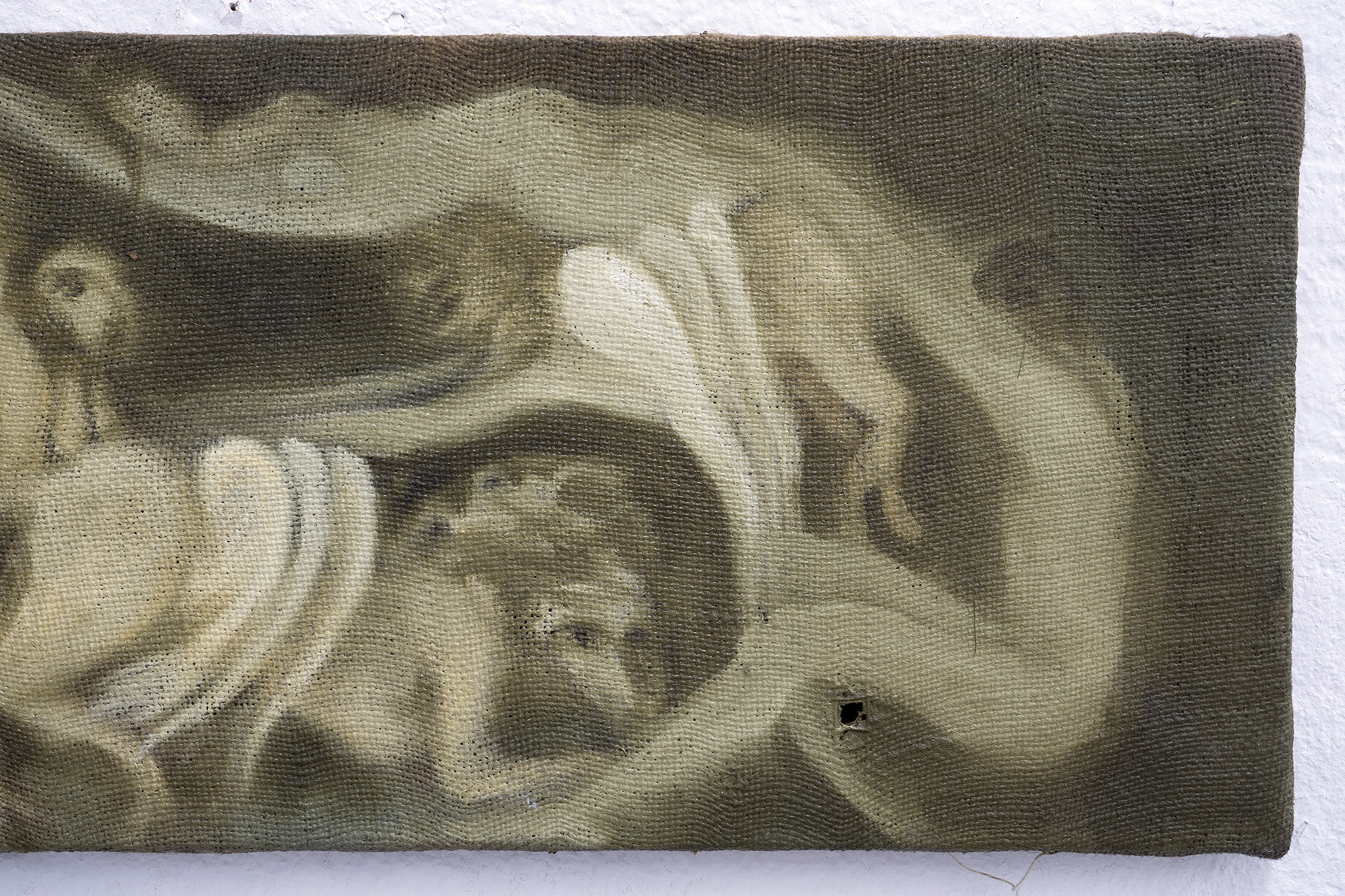
Seraphs and Lovers (detail), Sana Shahmuradova-Tanska, 2021. Oil on burlap
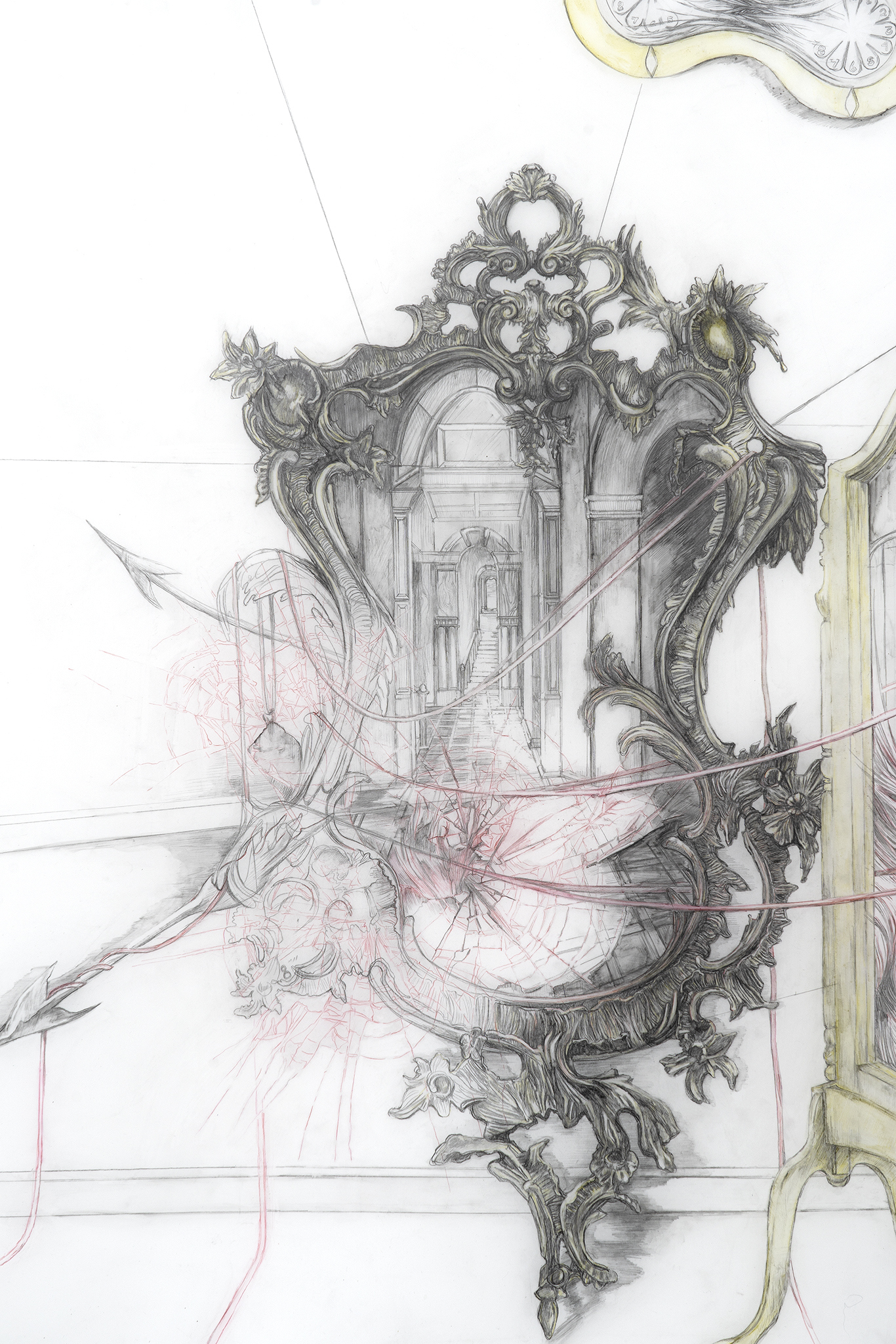
Hallways (detail), Faina Brodsky, 2022. Pencil and ink on mylar
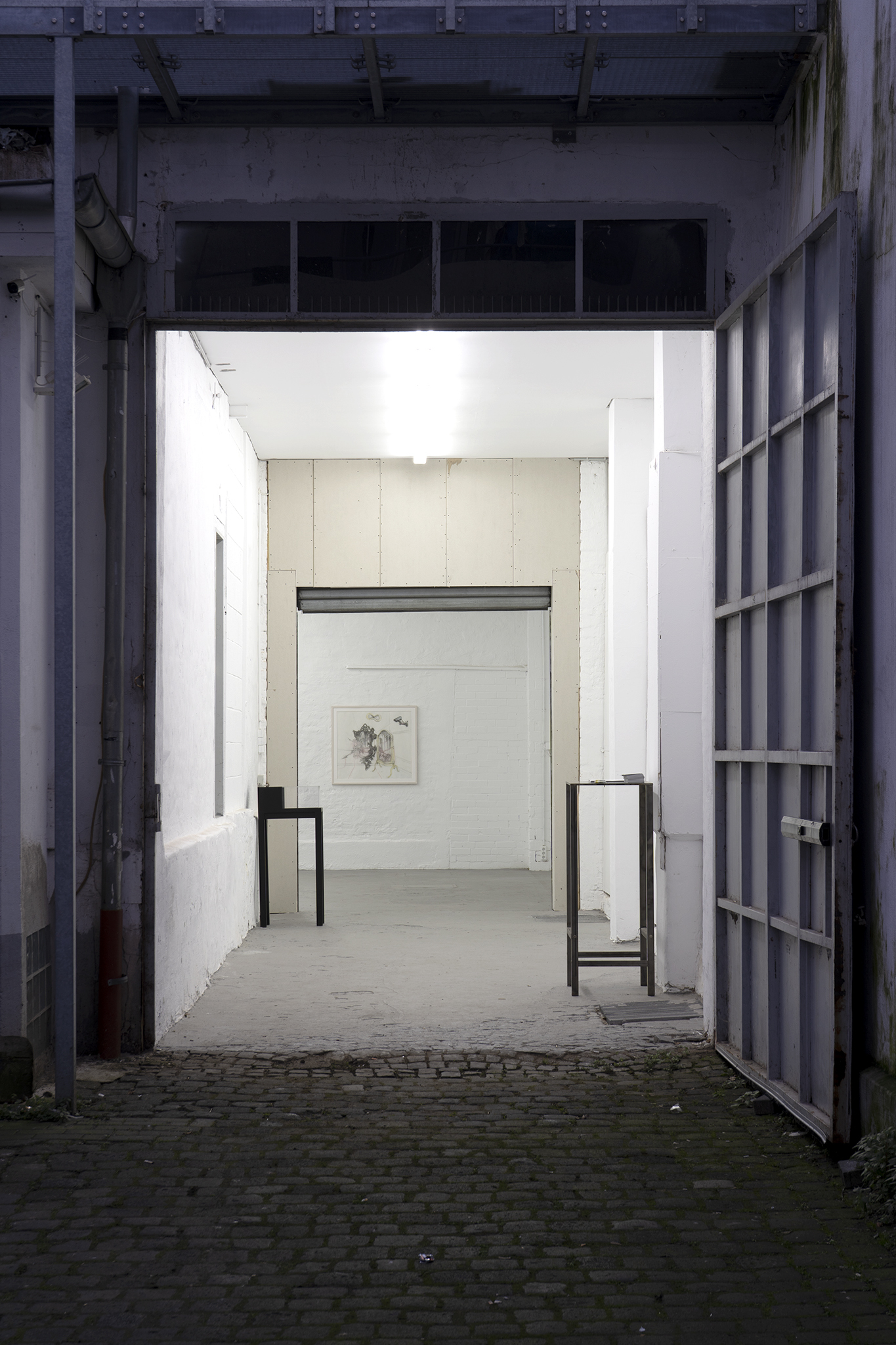
Installation Shot
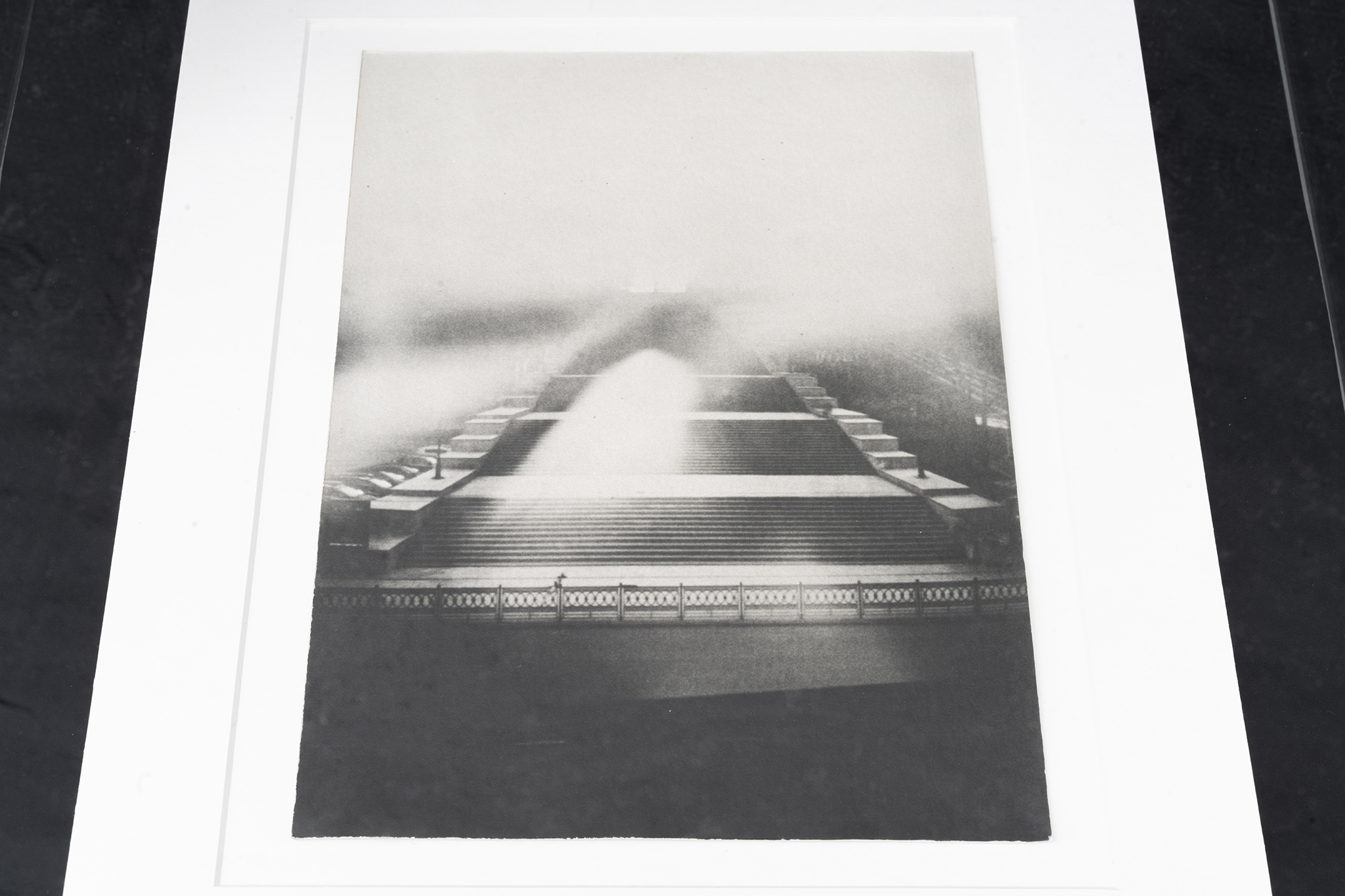
Odesa, Kristina Podobed, 2021
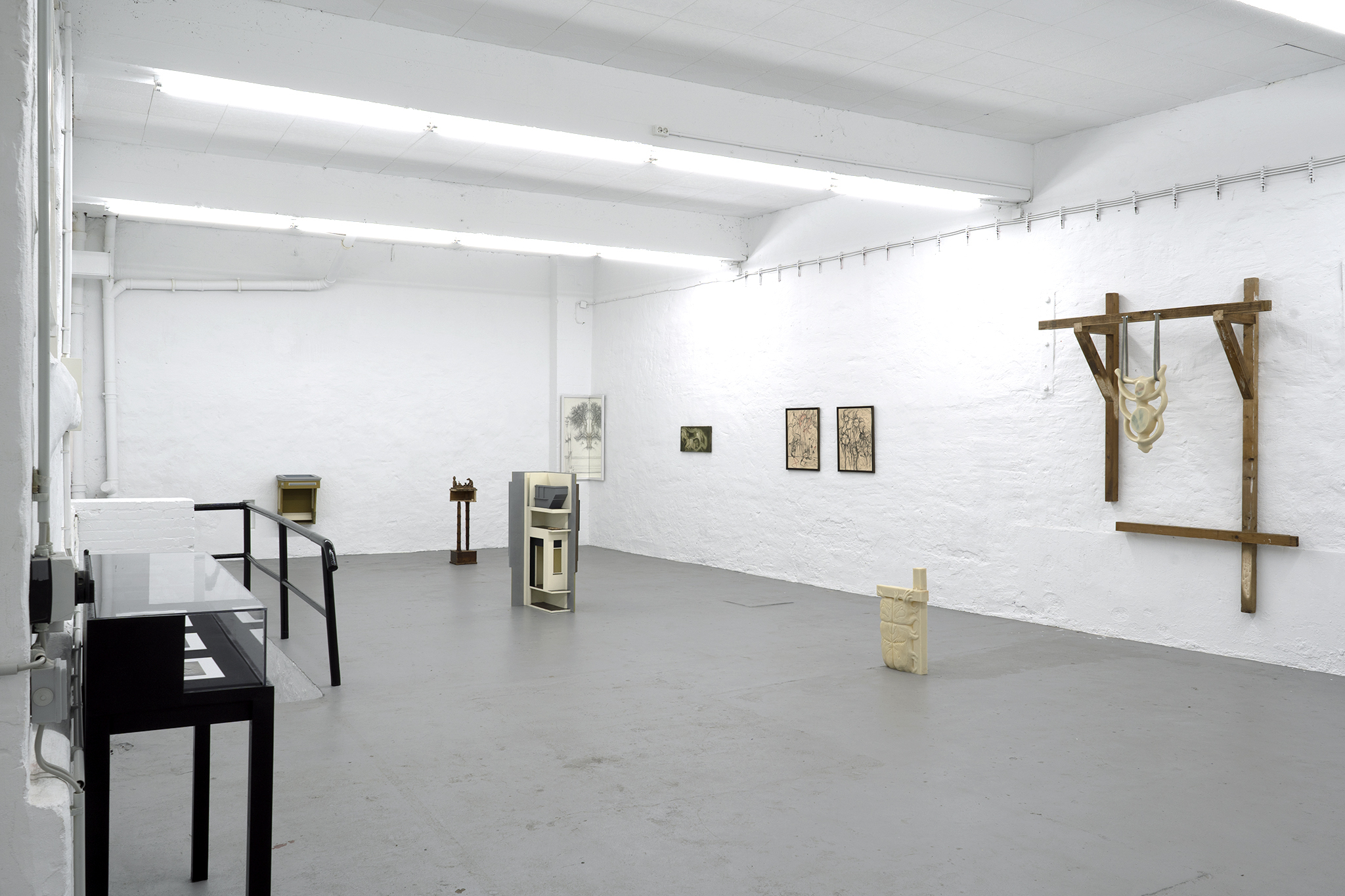
Installation shot
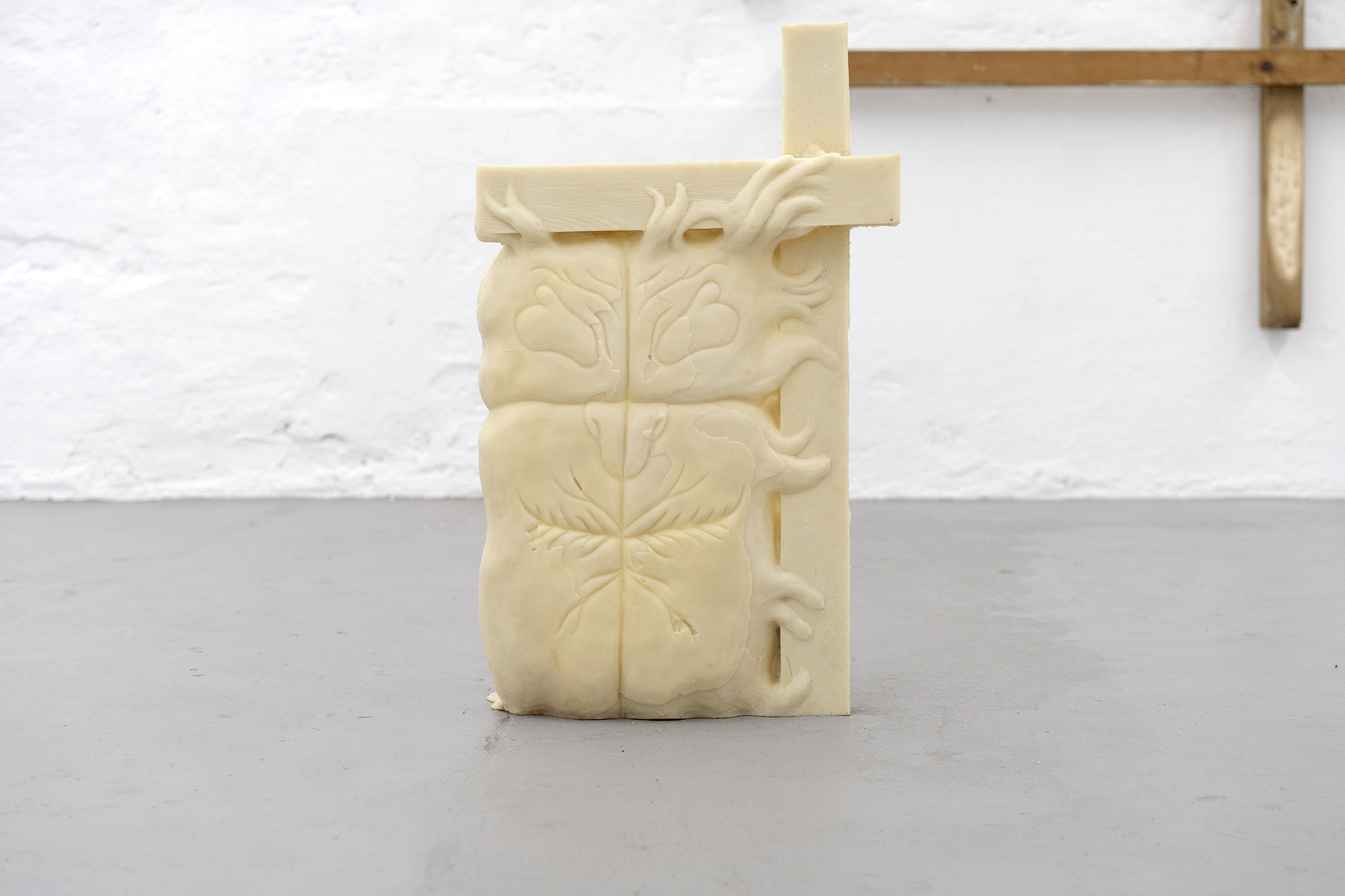
Exobeing (detail), Frederik Exner & Flora Aussant, 2022. Mixed media
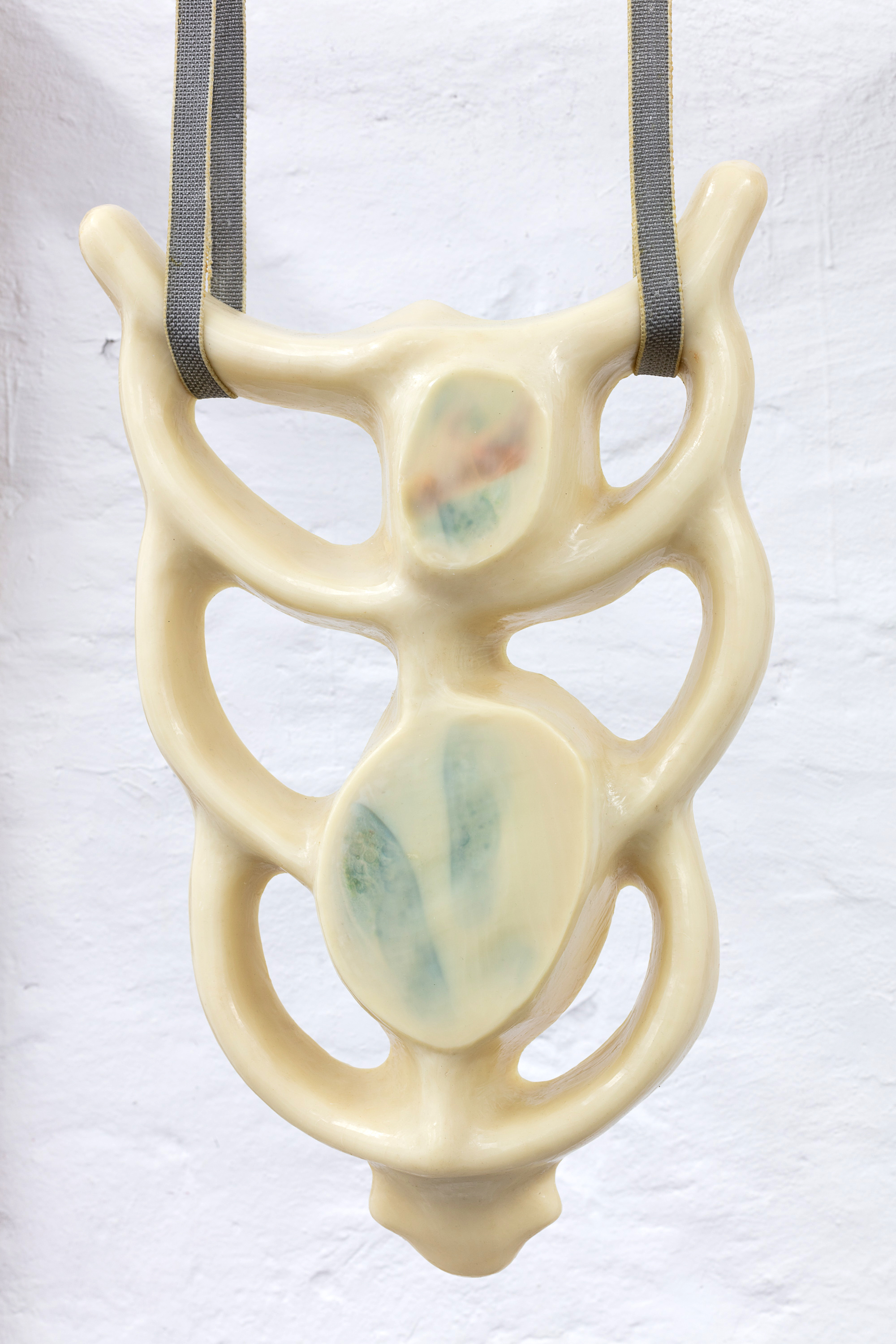
Exobeing (detail), Frederik Exner & Flora Aussant, 2022. Mixed media
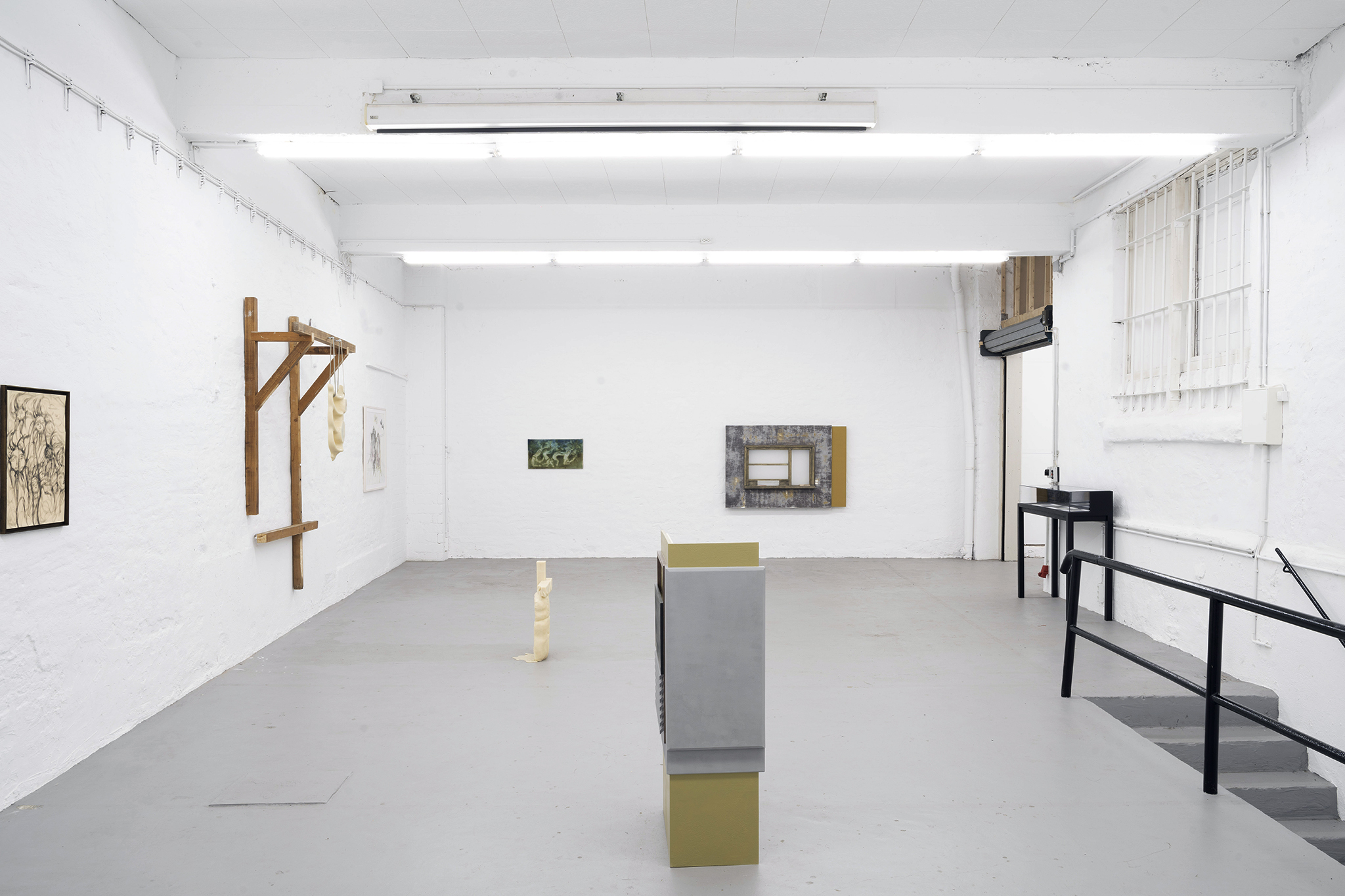
Installation shot
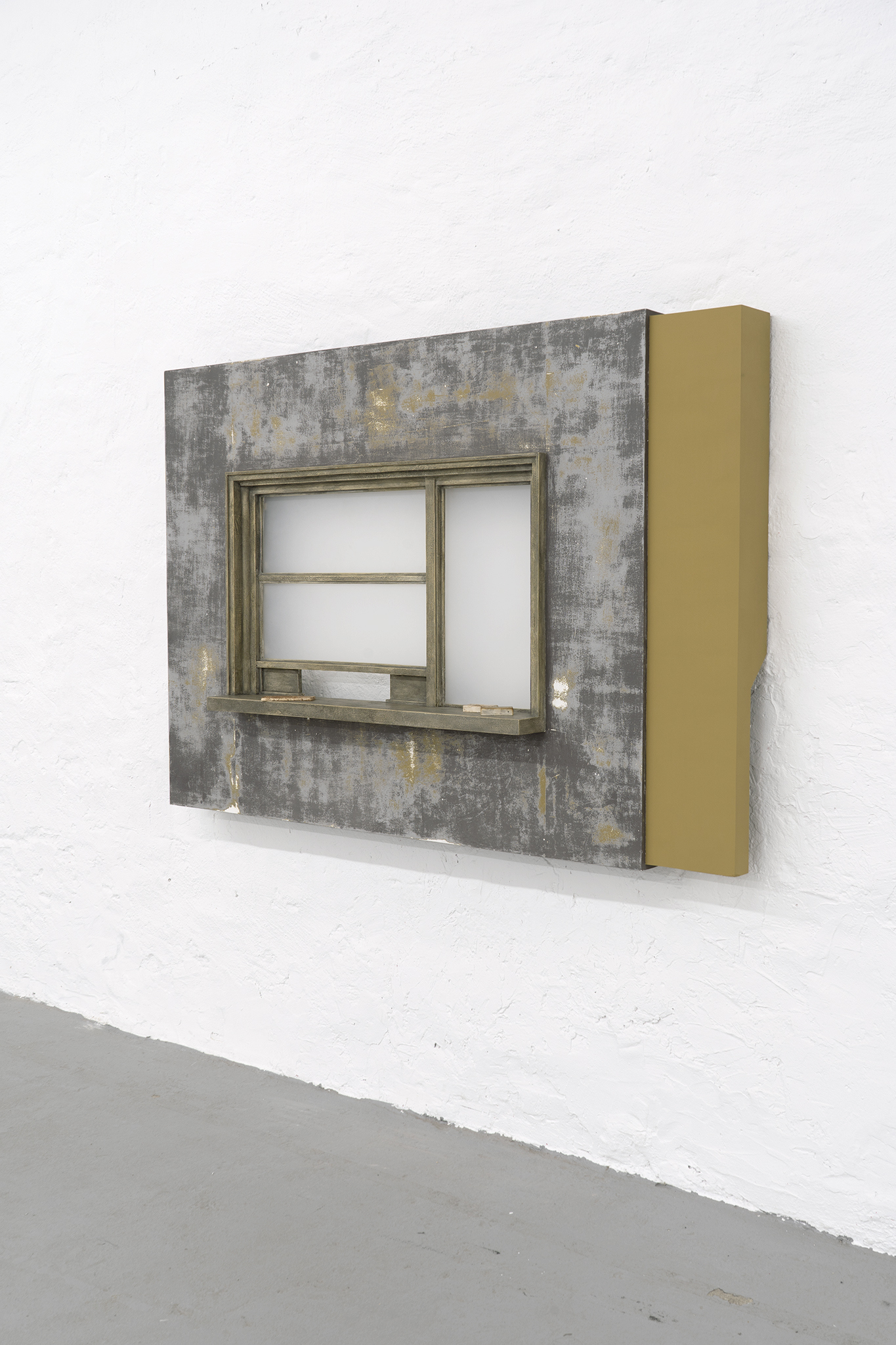
admission, Adam Shiu-Yang Shaw, 2021. Wood, MDF, plexiglass, acrylic paint, woodstain, plaster, hardware, putty
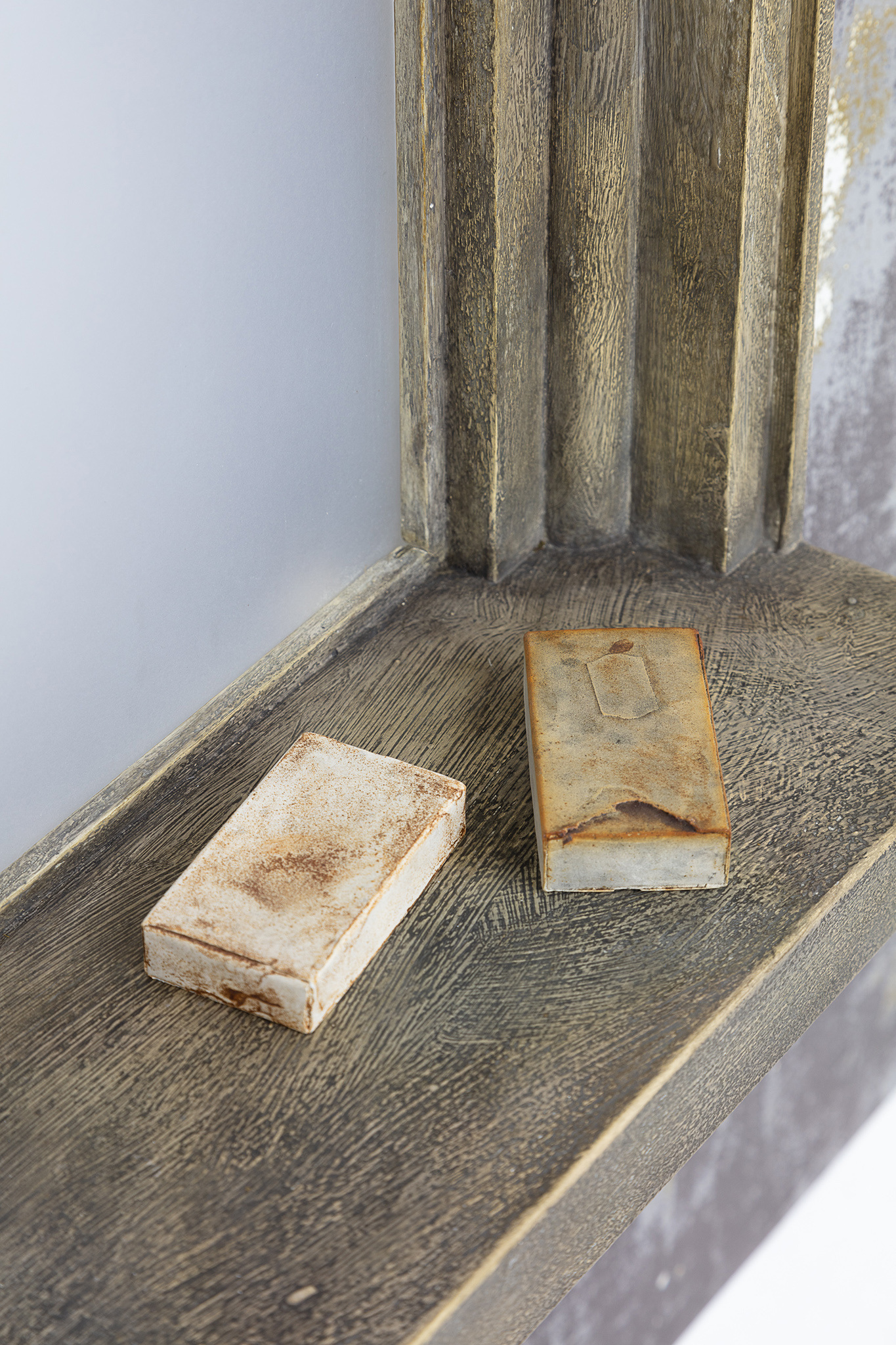
admission (detail), Adam Shiu-Yang Shaw, 2021. Wood, MDF, plexiglass, acrylic paint, woodstain, plaster, hardware, putty
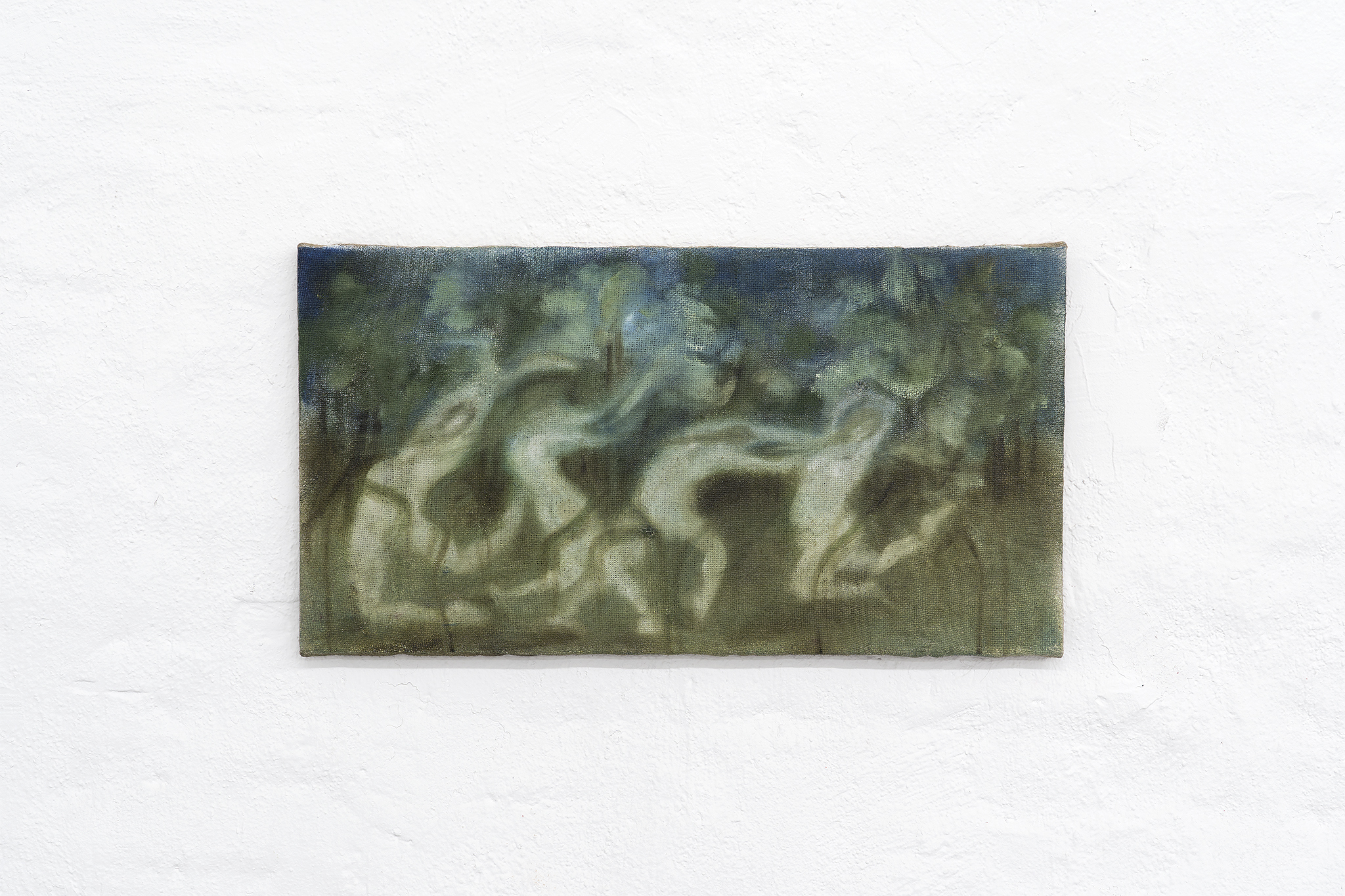
Rainmaking in the Forest, Sana Shahmuradova-Tanska, 2021. Oil on burlap
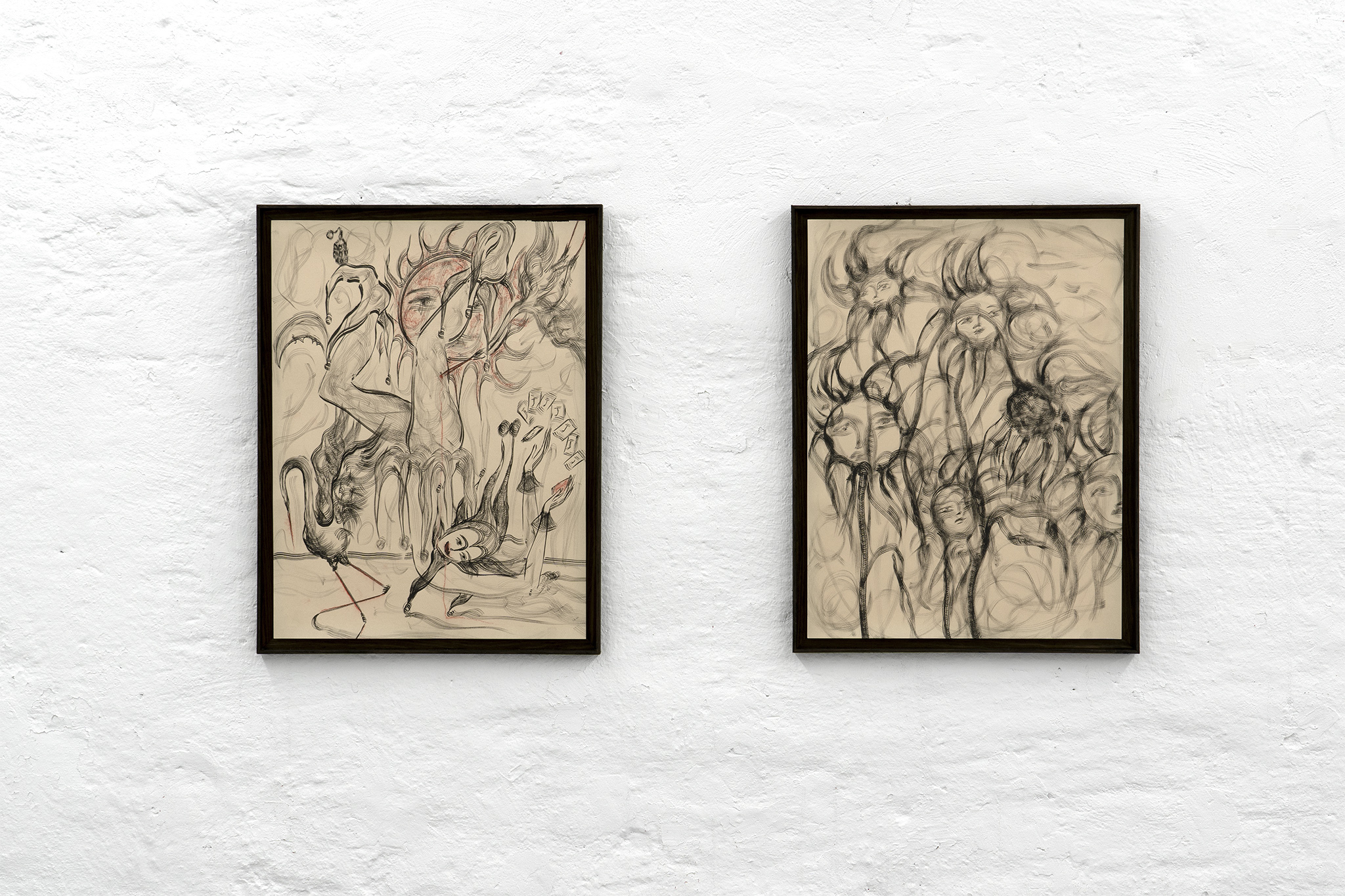
Are sunflowers afraid of sunset? + The most cunning form of evil (hypocritical benefactor) / Harvest, Sana Shahmuradova-Tanska, 2022. Ink on paper
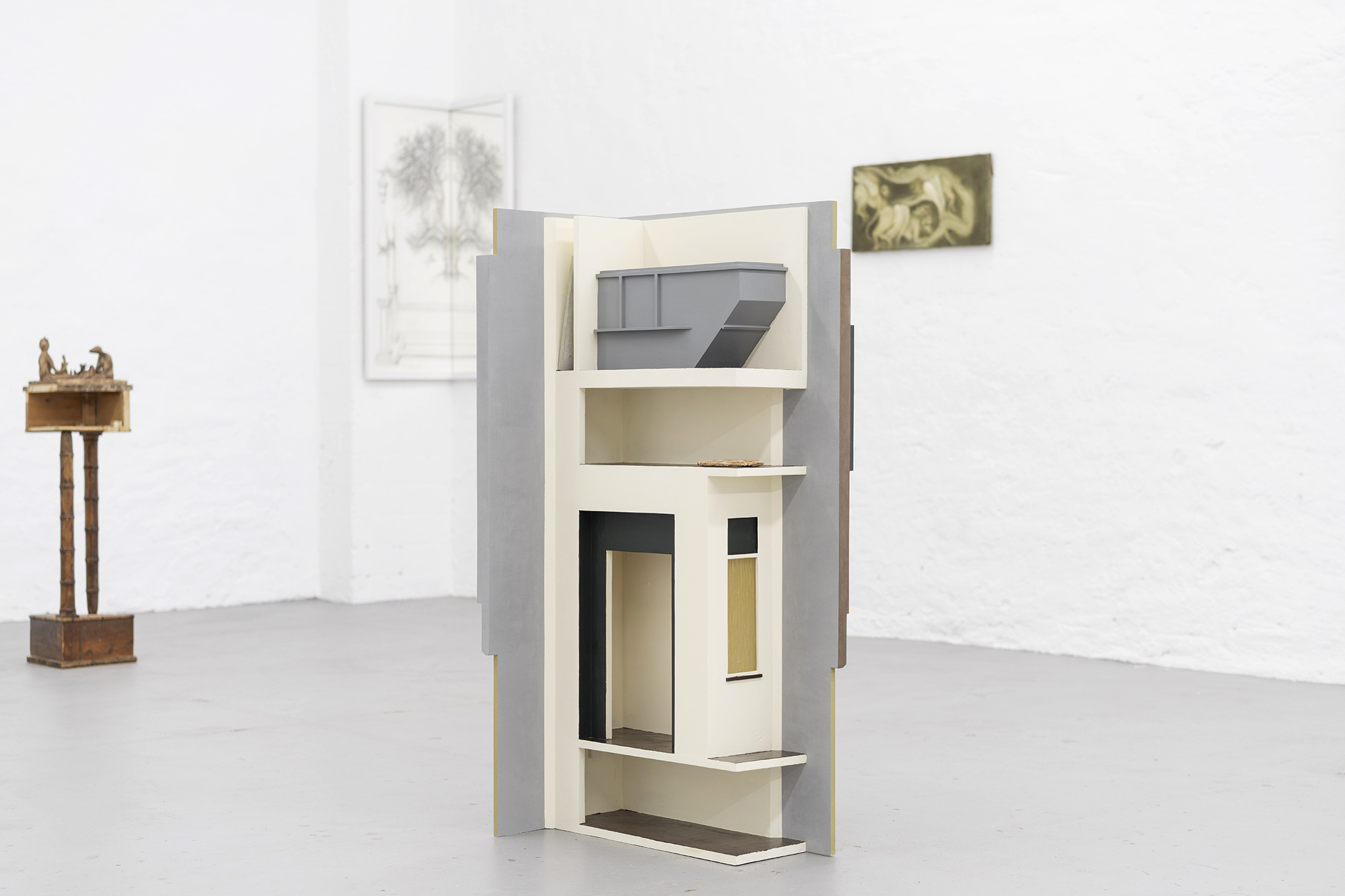
assisted breathing, Adam Shiu-Yang Shaw, 2021. Wood, MDF, plastic, plaster, concrete, acrylic paint, enamel paint, putty
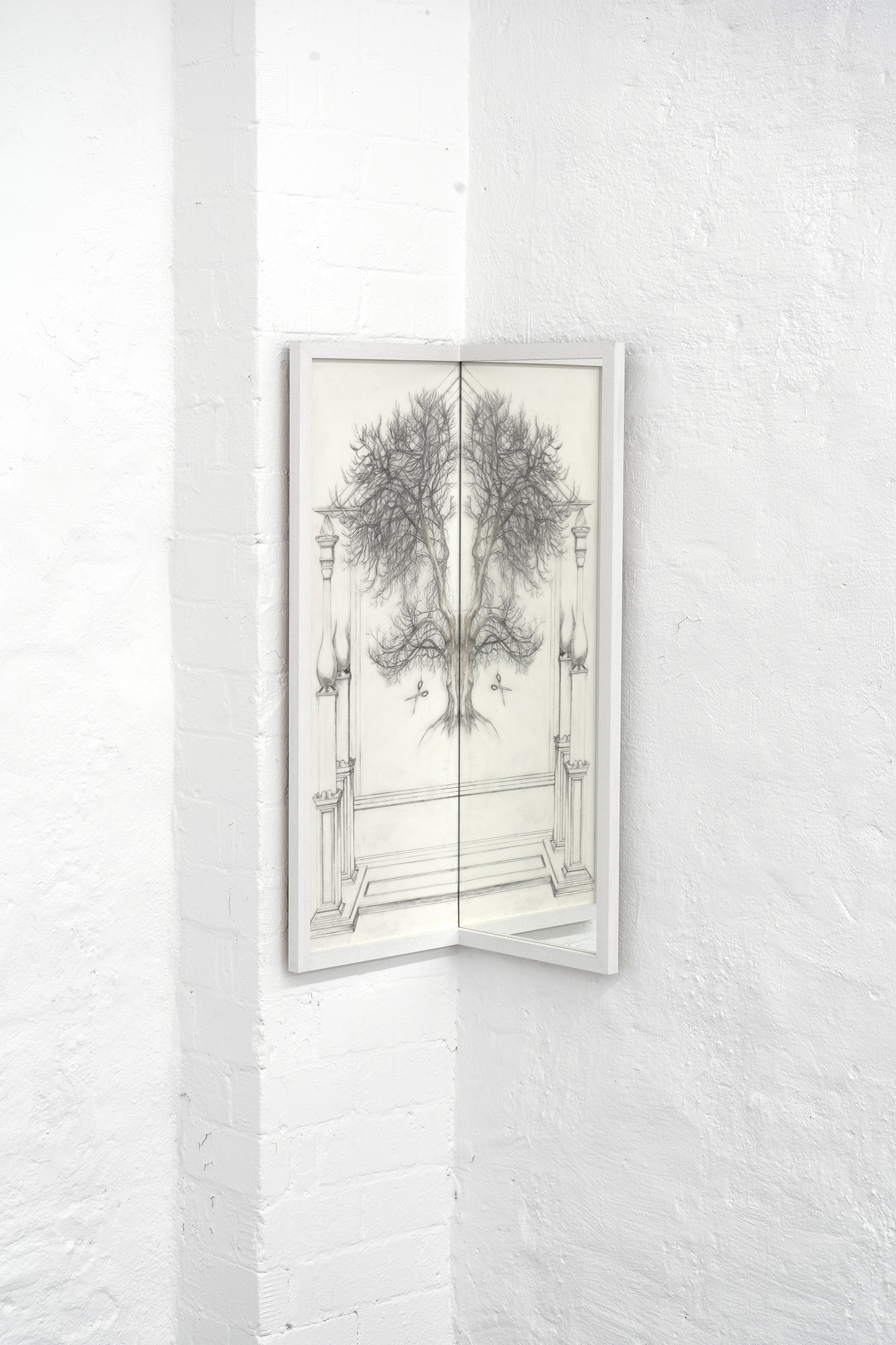
Exit, Faina Brodsky, 2022. Pencil and ink on mylar, mirror
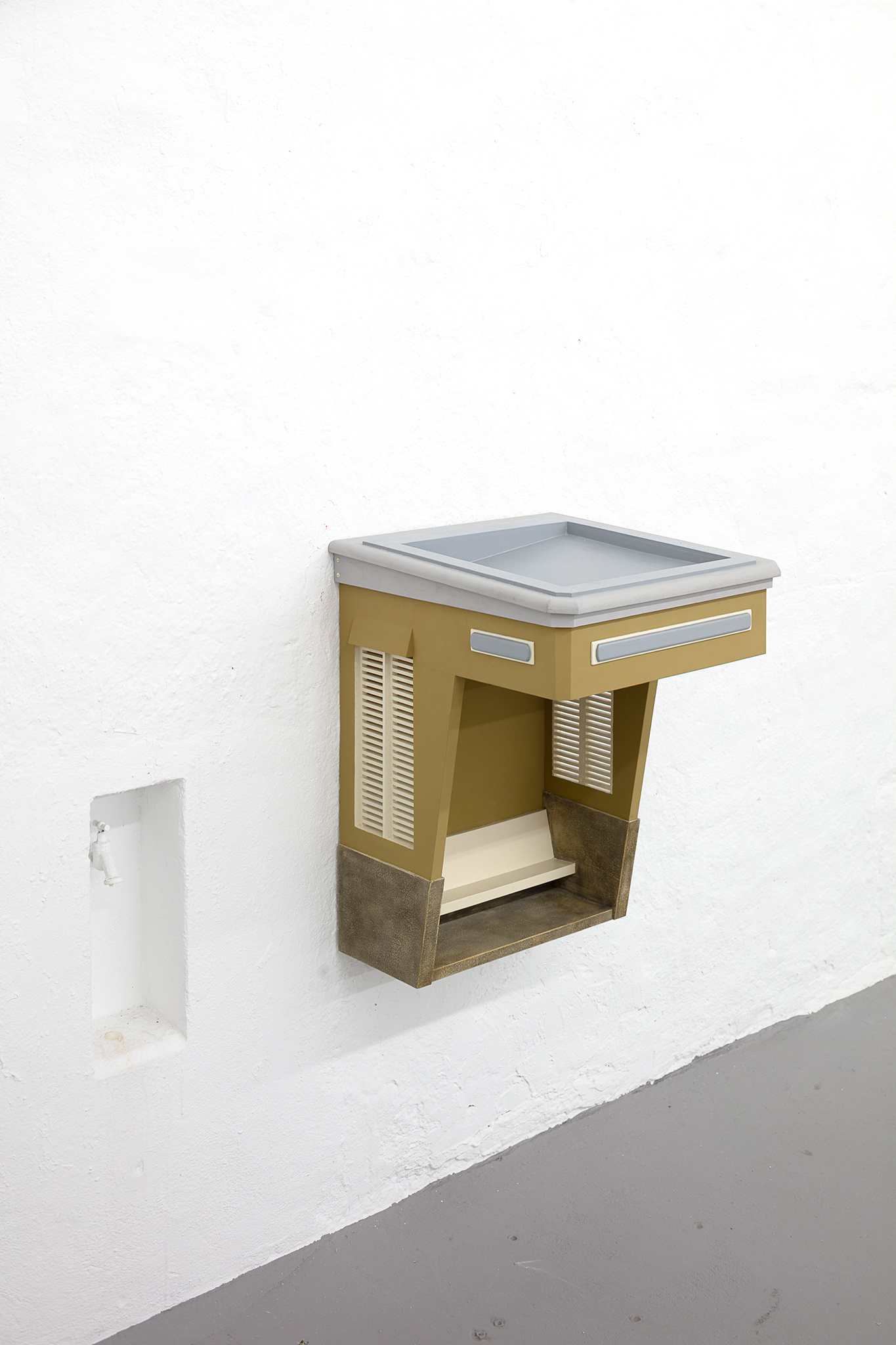
basin 2 (division), Adam Shiu-Yang Shaw, 2021. Wood, MDF, plastic, acrylic paint, enamel paint, putty
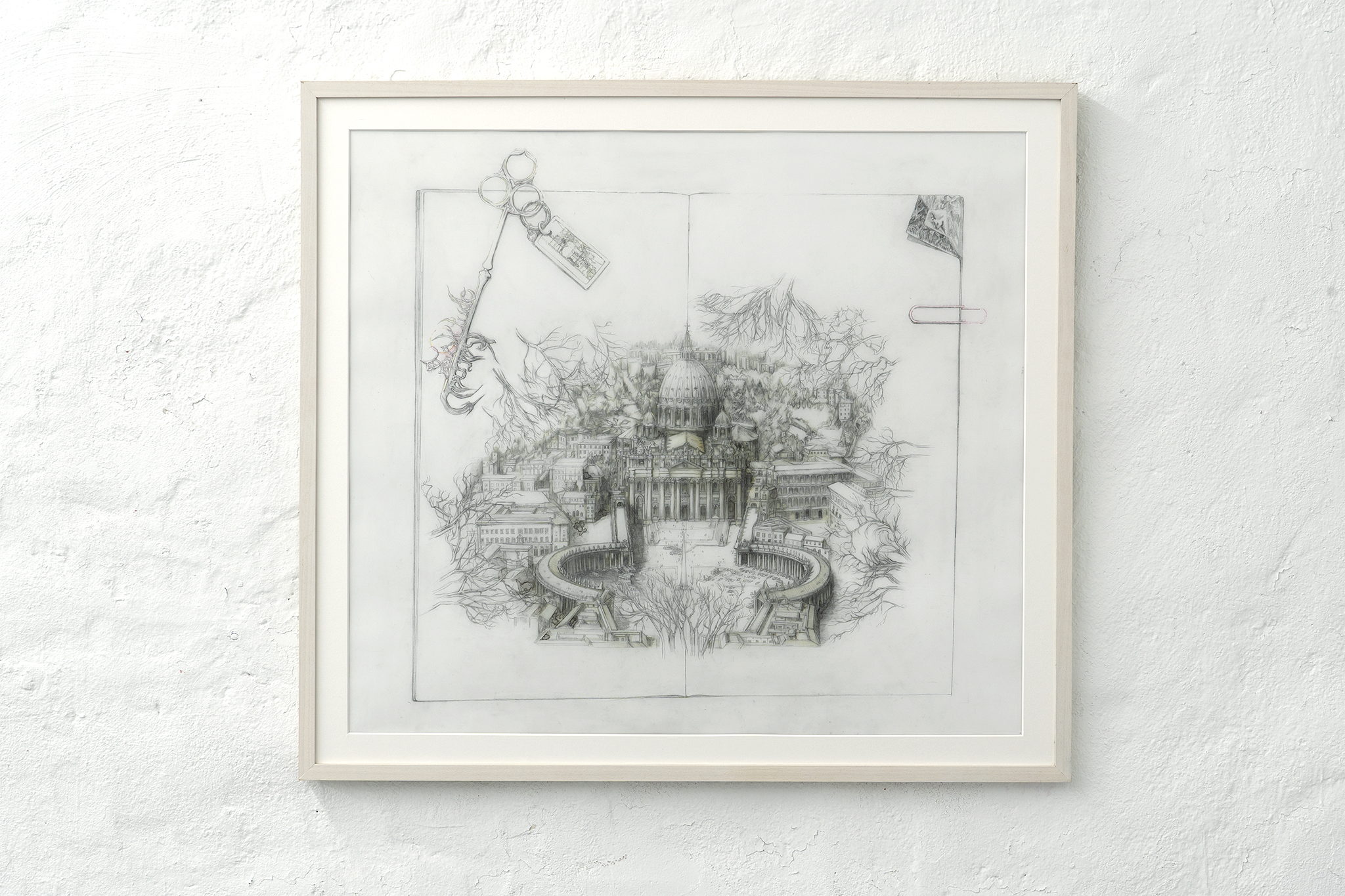
Solitude, Faina Brodsky, 2022. Pencil and ink on mylar
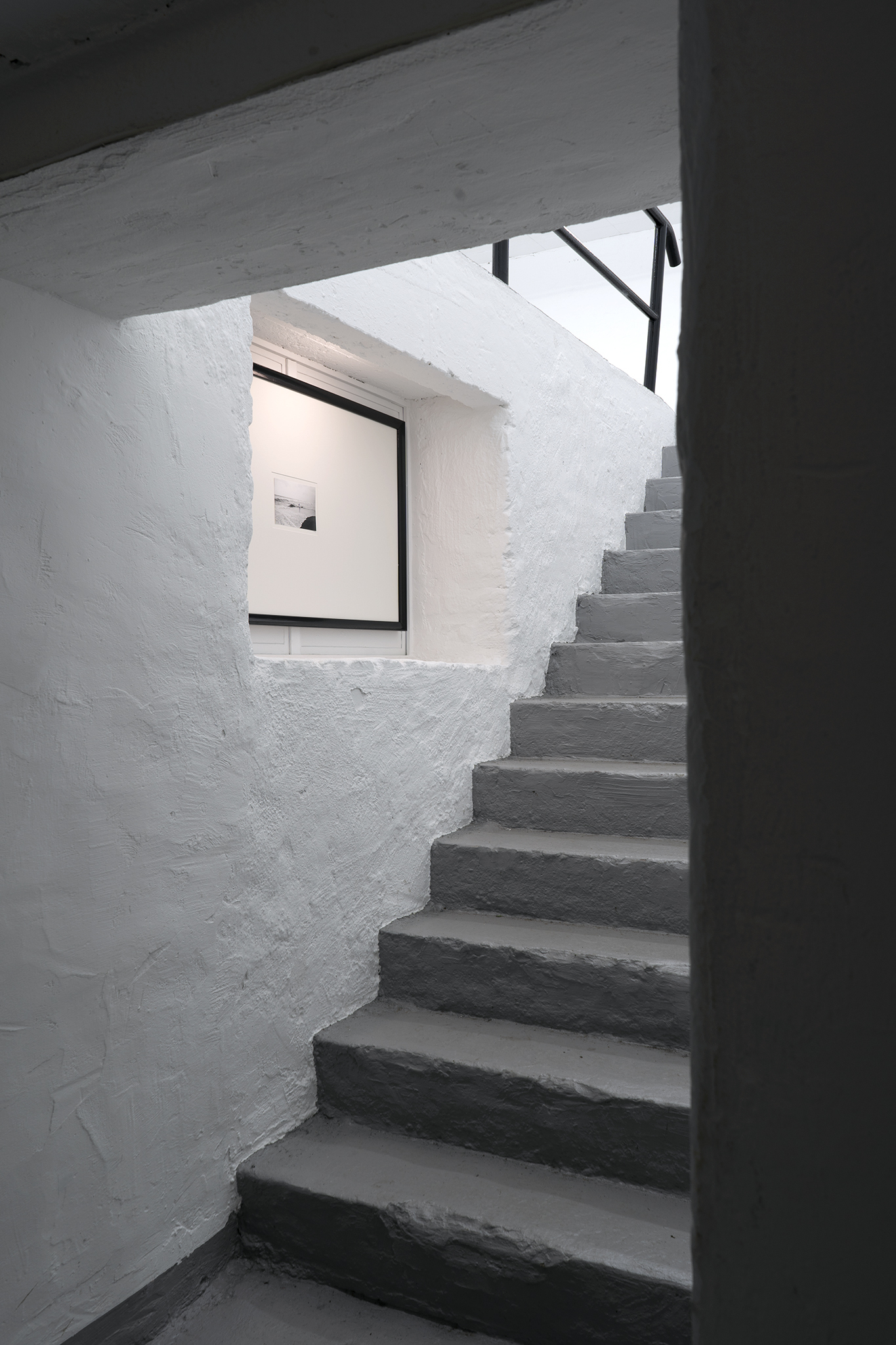
Installation shot
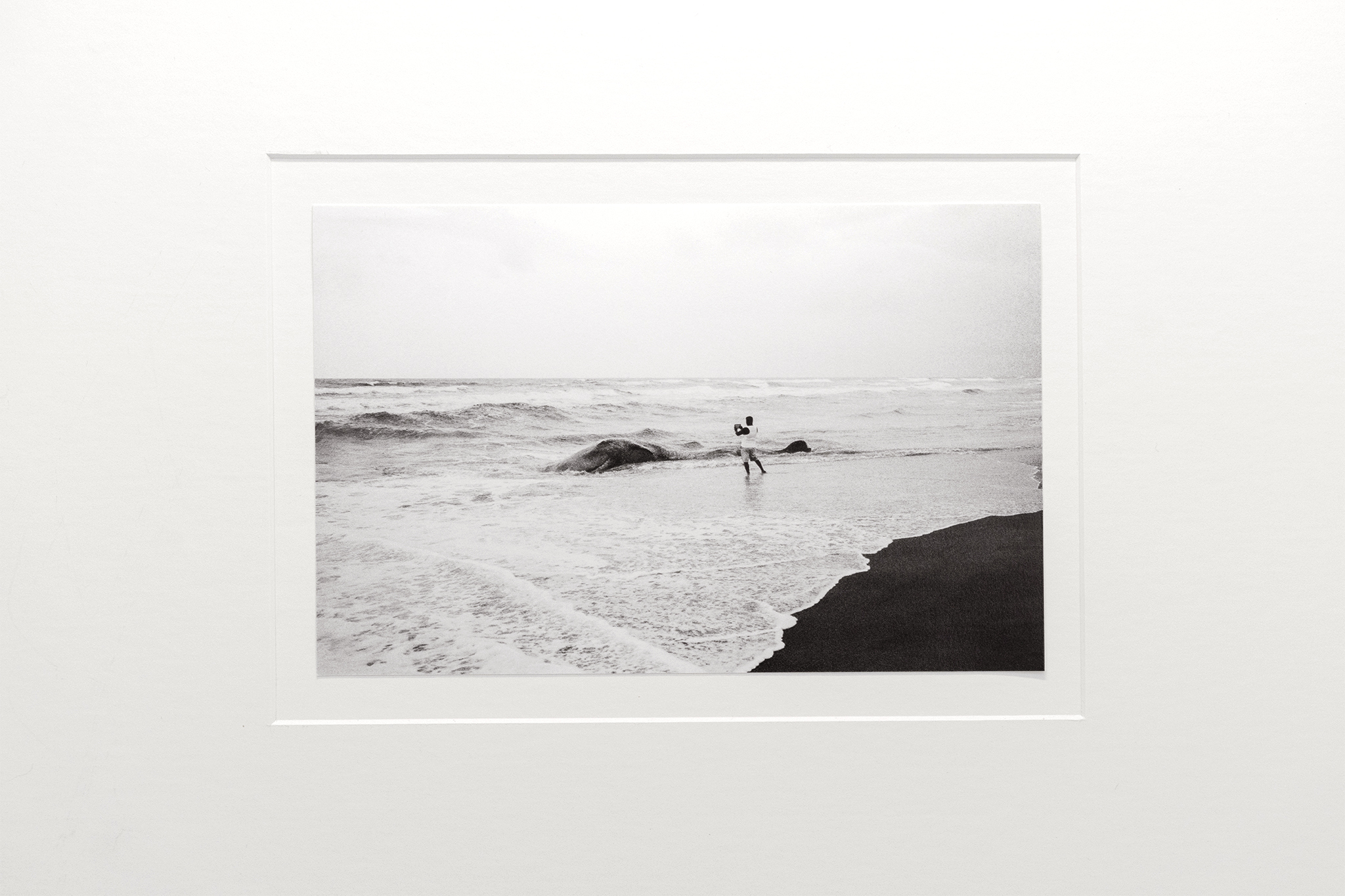
Whale, Kristina Podobed, 2015
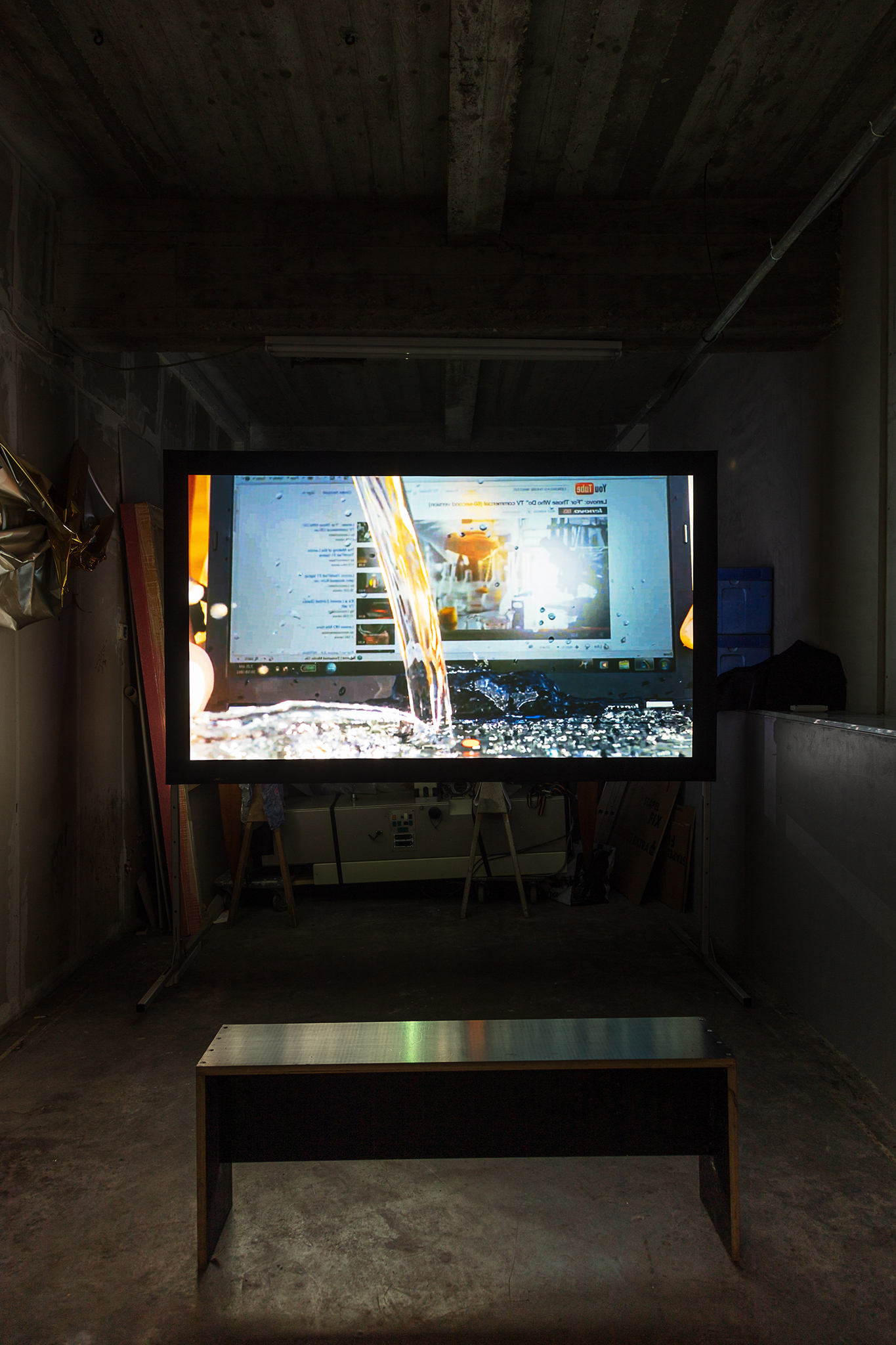
One Thousand and One Attempts to Be an Ocean, Yuyan Wang, 2020. Digital Video, 11 Min
Prelude:
Ode to Odessa
t6 D43 -> III s6 t S D43 t
The wind blows dust from the prairie to the Black Seа. I was eight years old when my family moved to Odessa. Looking back, I seem to have felt a deep melancholy, when my gaze wandered around giant stalinist apartments filled with a faint smell of fried eggplants and old wallpapers.
I spent my youth in the city that lives in its past. Odessa was created in the 18th century on dry fields in sparsely vegetated areas. Тhat's why all tree seeds were brought from different parts of the world. Today the city is full of classical palaces, belle epoque nymphs, statues with empire waists and orthodox onion domes. This place became a mythical creature.
We spent a lot of time in the old town and at the maritime station. My music boarding school was located right next to a monument to Catherine the Great, which was destroyed in 1920 after the October Revolution and replaced with a monument to mutinous sailors. After the collapse of the Soviet Union, Catherine’s statue was rebuilt once again, in its original form. Today there is a debate to re-demolish it. Located nearby, the Potemkin Stairs lead down to the sea. They’re named after the crew of the historic Battleship Potemkin. A famous scene from Sergei Eisenstein’s eponymous film shows the slaughter of hundreds of civilians who find themselves trapped between a descending tsarist militia above and the warring Cossacks below.
It’s been a while since I left. Leaving for good makes a place disappear in a bothersome way, as if you shelve it in a state frozen in time, somewhere you can never really return to. But there will be memories that hover in front of our eyesight like uncanny phosphenes, flickering, affecting the seen image, swaying the way we remember.
-
Set Phosphenes explores spaces and objects, which linger in between reality and the assumptions about it, in the subjective distortion that accompanies this interplay in the context of memory.
Supported by: Kunststiftung NRW, Kulturamt Düsseldorf
Anastasiya Levchuk, Arnold Trautwein
